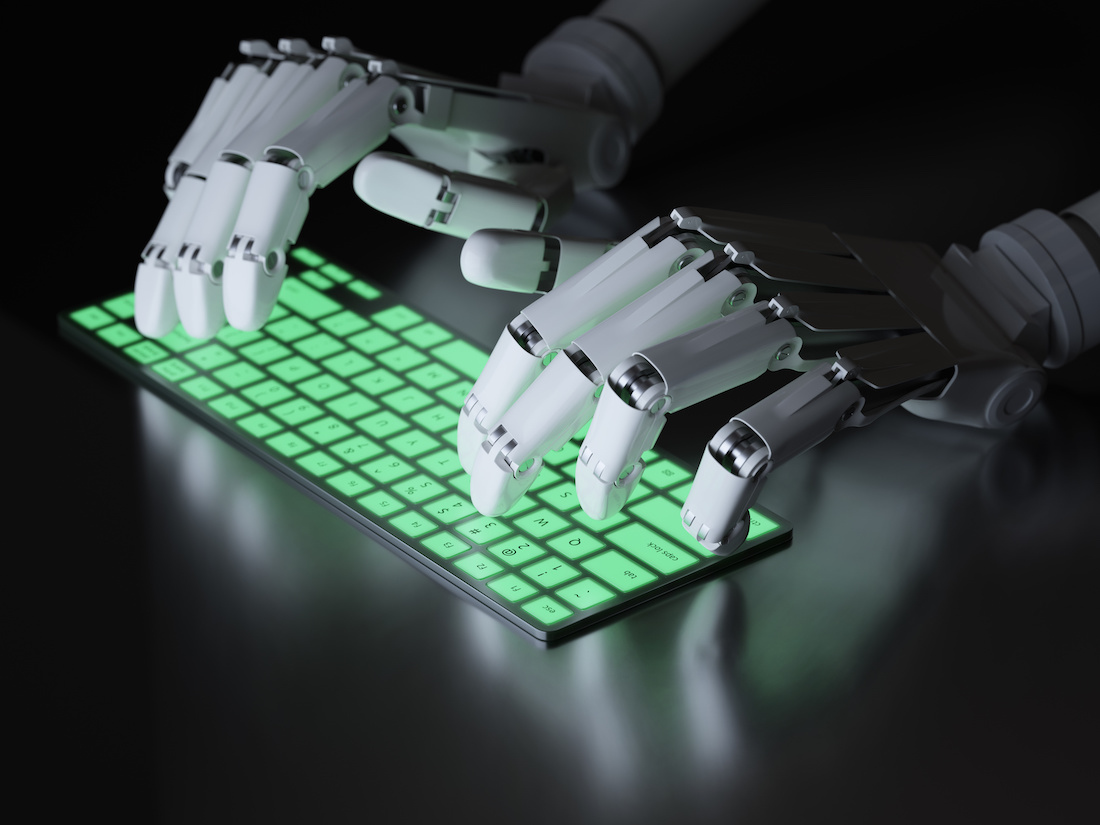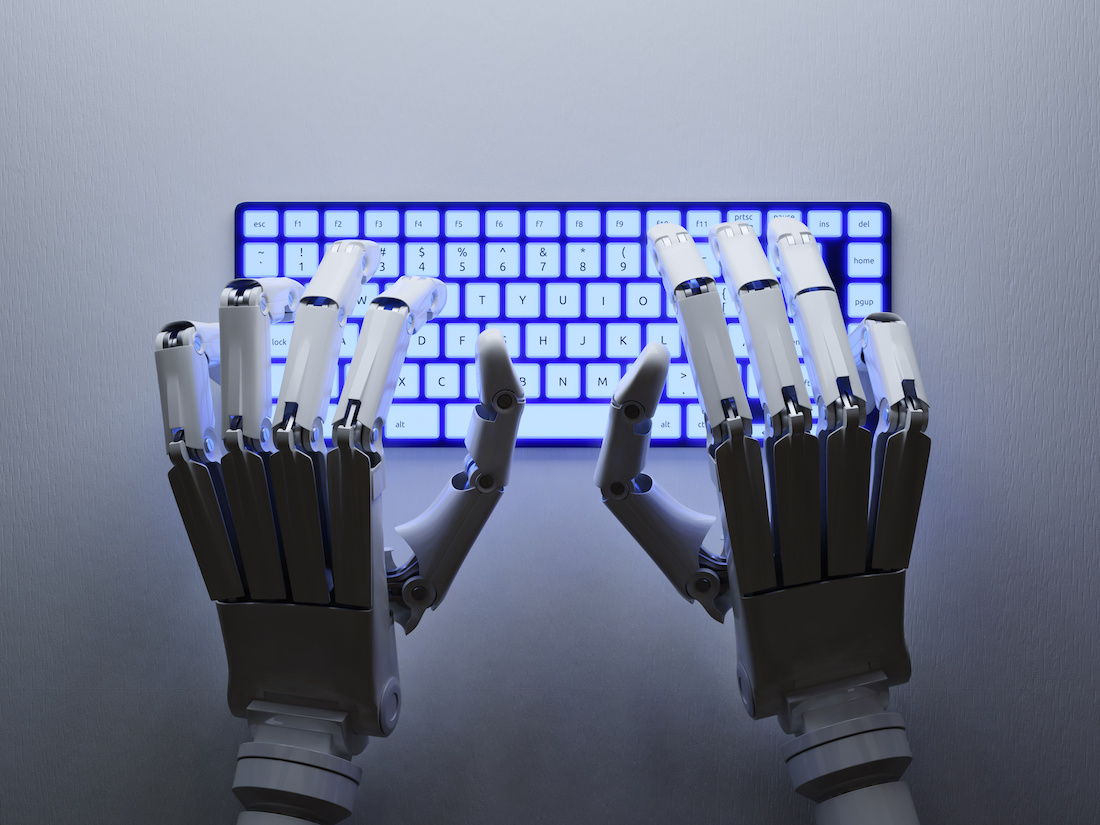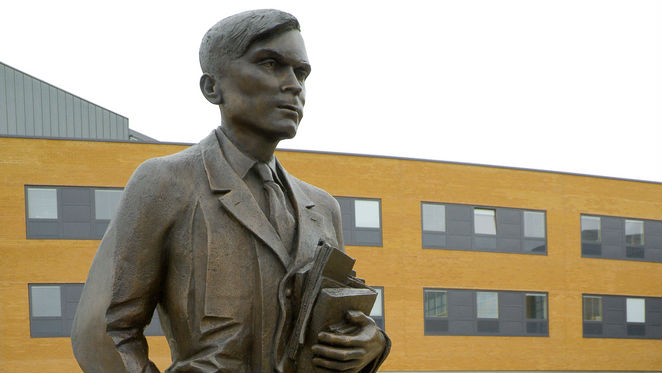Chatbot Is First Computer to Pass the Turing Test

What’s the Latest?
British computing luminary Alan Turing predicted that by the year 2000, computers would be able to engage humans in conversation while seeming more like fellow humans than computers. A chatbot named Eugene Goostman has now accomplished that feat, say organizers at the Turing Test 2014, staged at the Royal Society in London on the 60th anniversary of Turing’s death. The identity created for the chatbot by its programmers was that of a 13 year-old boy–a personality prone to believing they know everything while still having substantial knowledge gaps.
What’s the Big Idea?
Critics of the announcement point out that the capabilities of a chatbot–a computer program created explicitly to speak with humans–fall short of those possessed by supercomputers. Experts predict that the ability of a powerful computer to speak conversationally with humans–a goal still waiting to be achieved–will prove a watershed moment for artificial intelligence. Imagine discussing your medical symptoms with a computer that has a bedside manner, or putting a legal question to a machine that is able to summarize complex legal distinctions. The same technology, however, might also be used to defraud.
Read more at IFL Science





